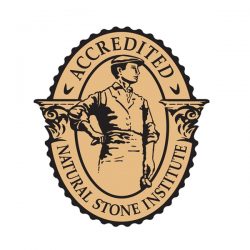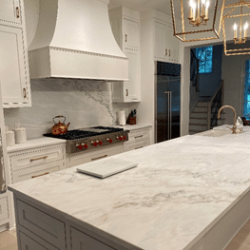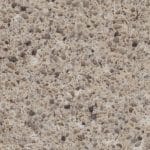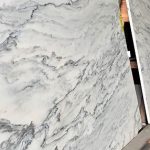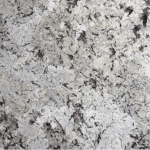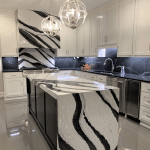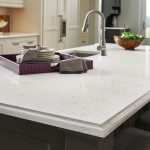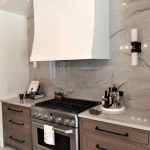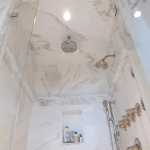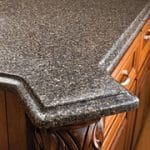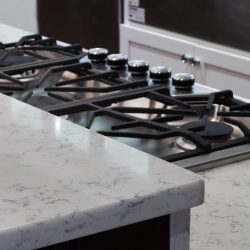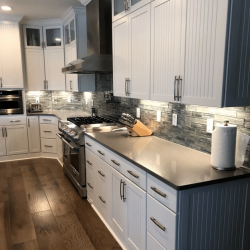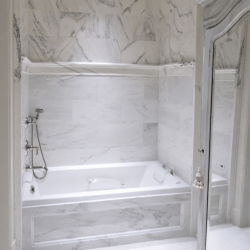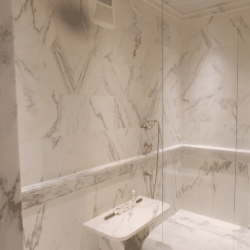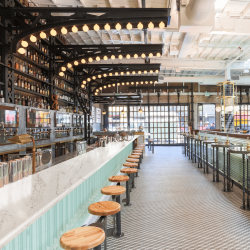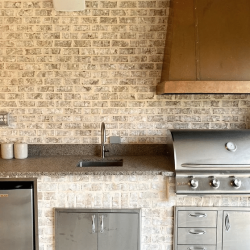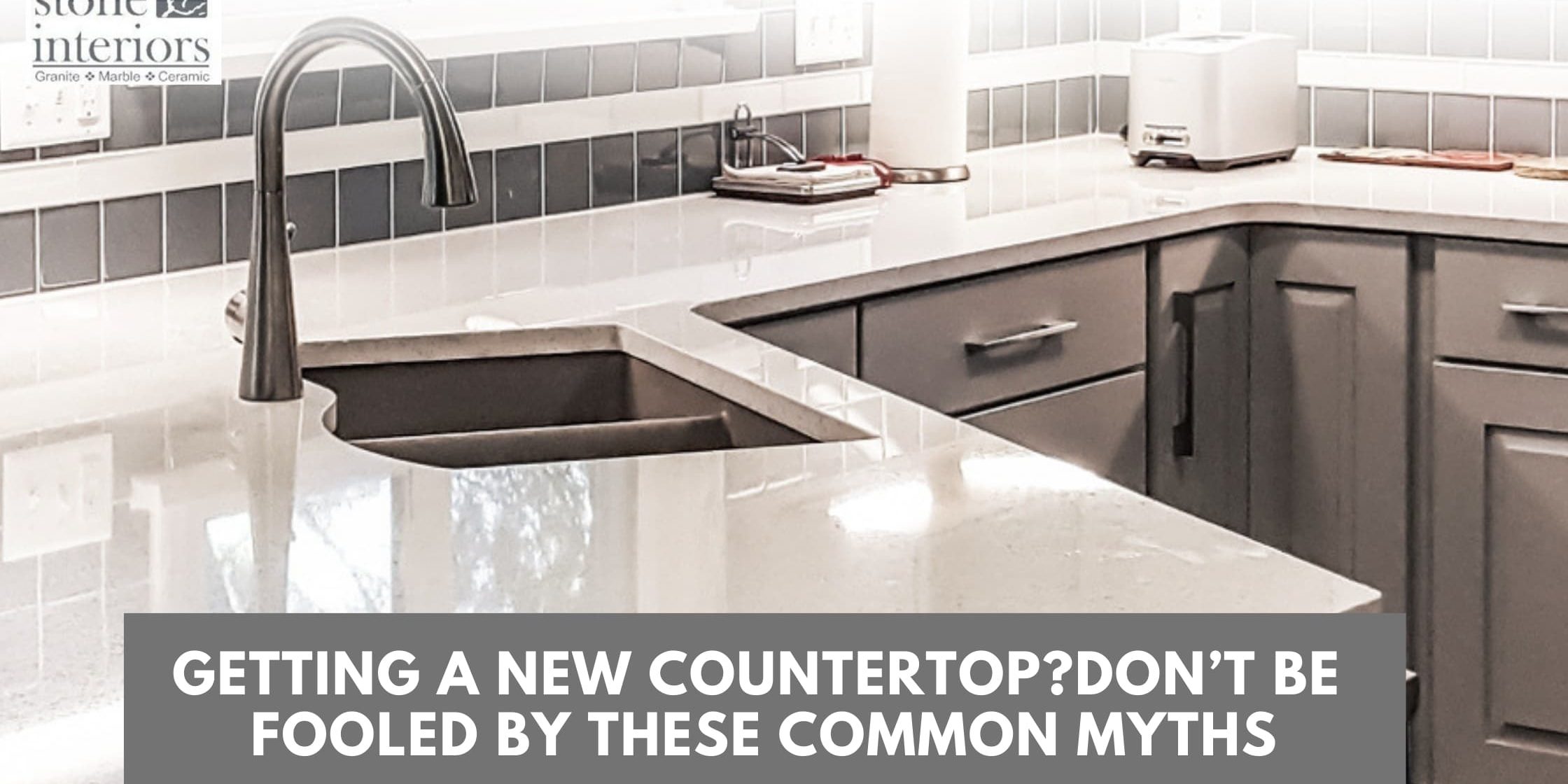Most homeowners like to do some research before they invest in new countertops for their home. But unfortunately it’s becoming harder to distinguish between actual fact and persistent misconceptions.
If you’re in the market for a new stone countertop, you’ve probably stumbled across at least one of these claims that simply aren’t true. Below, we’ve listed out some of the most common myths in the countertop industry.
MYTH: Granite contains dangerous amounts of radon.
FACT: There are very small amounts of radon in granite (just as there are small amounts in the soil all around us). It’s perfectly safe.
These radon levels are perfectly normal, and pose no threat to your health. The EPA has found no evidence that granite countertops increase indoor radon levels. Granite continues to be one of the most popular surface materials for homes, businesses, government buildings and more.

MYTH: You can’t use marble in your kitchen because it’s too high maintenance.
FACT: Marble is perfectly suitable for any residential kitchen or bathroom.
However, marble is a softer stone than granite, and it does require a little extra care. But marble is still (The Taj Mahal, Supreme Courthouse, and Washington Monument were all made with marble. They’re doing just fine!)
That said, it doesn’t hurt to take some precautions. Be careful to protect your marble from citrus and acids, like wine and lemons. Marble reacts to these liquids by “etching,” or dulling in the stone.
If you’re worried about maintaining your countertop, consider a honed marble, which has a soft, satin finish and is less likely to show etching. (It’s essentially pre-etched, so any dull spots that turn up over the years won’t be as visible as they are on polished marble).
As long as you clean spills quickly with gentle, non-acidic cleaner and follow the advice of your fabricator, your marble counter or island will look beautiful for years.
MYTH: Quartz is a natural stone.
FACT: The quartz used for countertops is an engineered product, because it has binding resins (along with a certain percentage of true quartz).
So don’t be fooled when quartz brands call their product “natural.”
Because it’s a man-made product, engineered quartz slabs tend to be consistent in coloration, and lack the unique movement and features of natural stone.
It’s important to note that engineered quartz is entirely different from quartzite. Quartzite (like marble and granite) is a true natural stone. It has a light-colored, translucent appearance, and is highly durable.

MYTH: Granite countertops need to be resealed every year.
FACT: These days, most sealers last for 10+ years.
Ask your fabricator what type of sealer they recommend, and how often the stone needs to be re-sealed. Depending on the particular stone you chose and the type of sealer, you might go 20 years before you have to even think about re-sealing your granite.

MYTH: Natural stone is not hygienic because it’s porous.
FACT: Natural stone is porous, but it is perfectly safe for preparing food.
Natural stones like granite are sealed with high-grade sealer once they’re installed, making them more resistant to absorbing liquids. They are perfectly safe, even for a busy chef.
Of course, you still have to take basic sanitary measures, as you would with any surface material. Disinfect all surfaces that come into contact with raw meat, and clean your counters on a regular basis.
If you have any doubts at all about the material you’ve selected for your countertop, partner with an experienced fabricator who takes the time to answer your questions. Try to find a company that’s accredited by the Natural Stone Institute, one of the highest-level accreditations in the industry. And ask for samples to take home with you and test out yourself.
As long as you’re working with a well-established expert in the industry, you won’t be swayed by all the mis-information that’s made its way out there.




